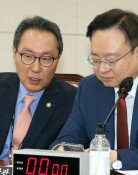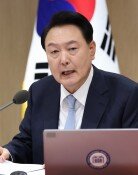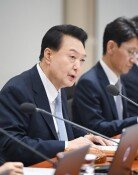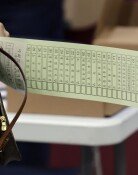‘Koreans risked life to resist Japan’s forced labor,’ researchers say
‘Koreans risked life to resist Japan’s forced labor,’ researchers say
Posted September. 03, 2019 07:24,
Updated September. 03, 2019 07:24
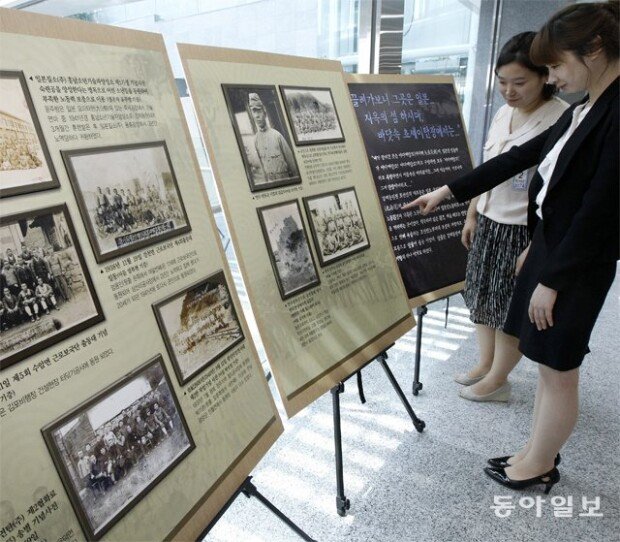
“The Korean people didn’t meekly accede to Japan’s demand for forced labor. They escaped alone or took revenge on local personnel and police. Some formed a secret organization to stage protests against forced labor.”
The Northeast Asian History Foundation, the National Institute of Korean History, and the Academy of Korean Studies will jointly hold a symposium in Seoul Wednesday to discuss the Japanese colonial era and related challenges. Noh Yeong-jong, a research officer at the National Archives of Korea, said in a pre-released statement, “The Korean people resisted Japan’s forced mobilization in various ways including walkouts, slowdowns, and the use of armed force.”
“The Korean people incessantly tried to escape not only in the area of mobilization but also at lodgings, train stations, even on moving trains,” Noh said in the statement titled “The state of forced labor and struggle against it in the South Chungcheong area. “Escaping en masse was a strategy to undercut Japan’s strength as well as a form of active resistance.”
According to Noh, labor disputes led by those in South Chungcheong Province include struggles in a mine in Shizuoka in October 1941; a mine in Yamaguchi and an airfield in Asajino, Hokkaido in April 1942; a coal mine in Yamaguchi in August 1943; and a shipyard of Kawasaki in Hyogo in 1944. Other labor disputes staged as part of national movements include a clash involving Korean construction laborers at Hokkaido’s railroad company from May to September 1944; a case in which Kumi Fujiwara breached the maintenance of the public order act in Hokkaido in February 1945; and an independence movement at the Asahikawa earthwork group held from August 1944 to August 1945.
At the symposium, Nam Sang-gu, head of the Institute on Korea-Japan Historical Issues under the Northeast Asian History Foundation, will discuss Japan’s handling of the issue in the postwar era and historical perception of colonialization. Park Jeong-ae, a researcher at the foundation, will present “The issue of comfort women seen through the materials of the Japanese Government-General of Korea.”
Park gave advice in the statement on research about “comfort women,” who were forced to work in brothels for Japanese soldiers during the war. “Damages done to ‘comfort women’ aren’t necessarily recorded in materials with the term ‘comfort women’ or ‘brothels.’ Such facilities were registered at police as other services such as diners, even though they were in fact functioning as brothels,” Park said. “We should understand the actual circumstances by time and region, and thoroughly collect and organize related materials.”
Jong-Yeob JO jjj@donga.com
Headline News
- Israel prepares for retaliation against Iran
- Samsung reclaims top spot, surpassing Apple in smartphone market
- 77% of Koreans in 20s and 30s are 'Kangaroo Tribe' due to job crisis
- KBO referees embroiled in controversy over ABS decision concealment
- Inflation, oil price surge put double shock on global economy



